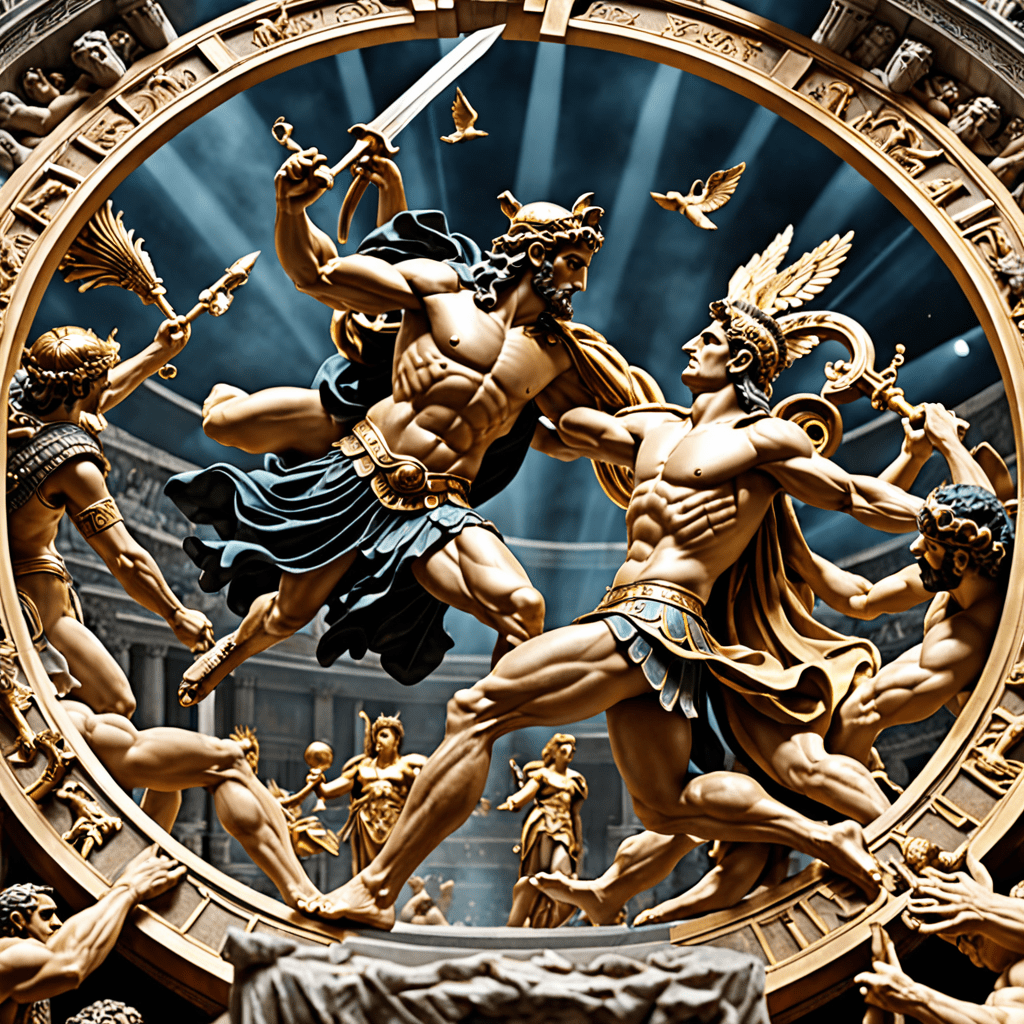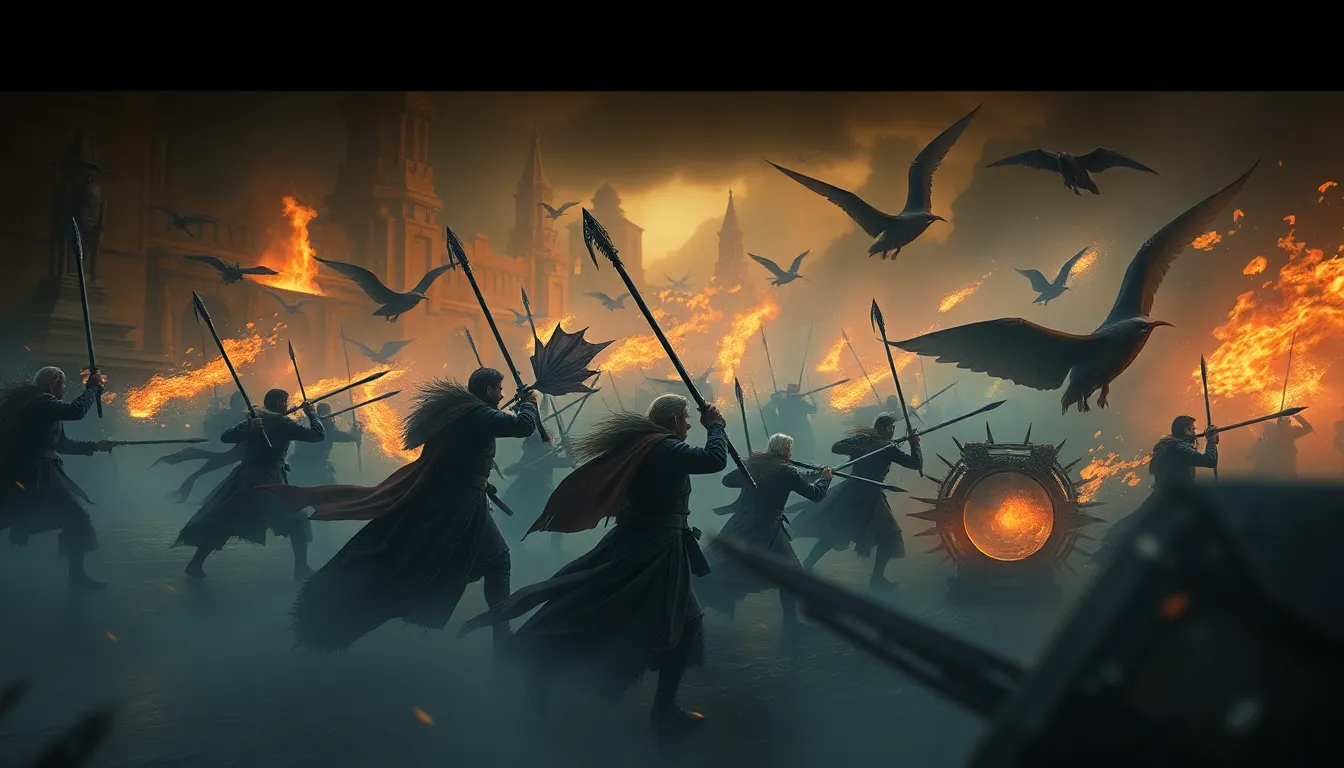Roman Mythology: Exploring the Concept of Chaos and Order
The duality of Chaos and Order in Roman Mythology
In Roman mythology, the concepts of Chaos and Order play a significant role in understanding the ancient belief system. Chaos represents the primal state of disorder and confusion, while Order symbolizes organization, structure, and harmony.
Chaos and Order in Roman Creation Mythology
According to Roman mythology, Chaos existed before everything else. From Chaos emerged the first beings, including Gaia (Earth), Uranus (Sky), and Tartarus (Underworld). The notion of Chaos as a formless void from which all things originate highlights the Roman belief in the importance of order emerging from disorder.
The Gods of Order and Chaos
In Roman mythology, certain deities embody the principles of Chaos and Order. For example, Discordia, the goddess of discord, represents Chaos, often fomenting chaos and disharmony among mortals and gods. On the other hand, gods like Jupiter, Neptune, and Minerva are associated with Order, governing the realms of the skies, seas, and wisdom, respectively.
The Balance between Chaos and Order
While Chaos and Order may seem like opposing forces, Roman mythology emphasizes the importance of balance between the two. It is believed that a certain degree of Chaos is necessary for growth and renewal to occur, but too much Chaos can lead to destruction. Thus, maintaining Order is crucial to ensure that the cosmos functions harmoniously.
FAQs About Roman Mythology: Chaos and Order
What is the significance of Chaos in Roman Mythology?
In Roman mythology, Chaos represents the void from which all creation emerged. It symbolizes the formless state preceding the existence of the world, representing potential and disorder.
How is Order depicted in Roman Mythology?
Order in Roman mythology is often personified in deities such as Jupiter (Jove), who rules over law, justice, and the cosmic order. Order is essential for maintaining stability and harmony in the universe.
What role do Chaos and Order play in Roman Mythology?
Chaos and Order are fundamental concepts in Roman mythology, representing the eternal struggle between creation and destruction, formlessness and structure. They reflect the cyclical nature of existence and the balance required for the cosmos to function smoothly.
Are there specific myths that highlight the interplay between Chaos and Order in Roman Mythology?
Yes, myths like the creation story featuring Chaos giving birth to entities such as Gaia (Earth) and Uranus (Sky), as well as the cosmic battles between deities like Jupiter and Titans, exemplify the ongoing dynamic between Chaos and Order in Roman mythology.



